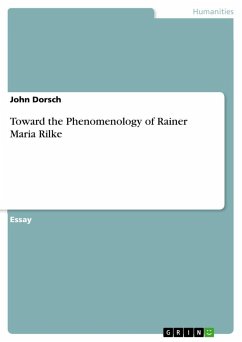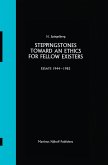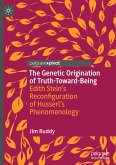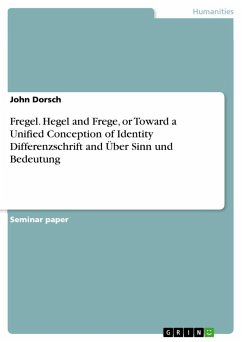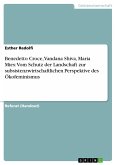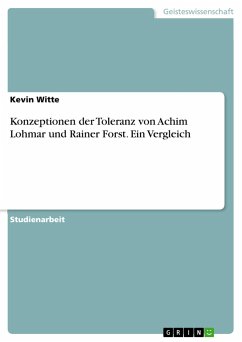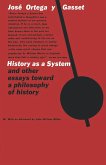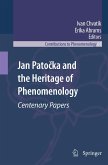Essay from the year 2014 in the subject Philosophy - Philosophy of the 20th century, grade: 1,5, University of Tubingen, course: Husserls Logische Untersuchungen, language: English, abstract: An essay built upon the work of Käte Hamburger aimed at developing Rilke's theory of epistemology in relation to cognitive phenomenology.Käte Hamburger has argued that Rainer Maria Rilke was a poet practicing phenomenology. This paper builds off her work, assuming Rilke to have conducted phenomenology by composing his lyric, and, with aid of the Neue Gedichte, seeks to address the tension between sensory and cognitive phenomenology. Cognitive Phenomenology is a new field of research that seeks to discover, if there be such a thing, the qualia of cognitive states. By a close reading of Husserl principle text, Logische Untersuchungen, this paper first established the structure of intentionality. We then apply Husserl's notion of intentionality to Rilke's lyric. The result of this research is that according to Husserl's analysis of intentionality, the existence of a pure cognitive phenomenology is left unanswered, but cognitive phenomenology does exist and is qualitatively different from sensory phenomenology. Lastly, we propose that the quale of a cognitive state is the same as the necessary conditions for that state, whose structure can, and should, be rigidly defined through linguistics. We conclude with the thought that this task would be the left to a new branch of linguistics called phenomenological linguistics. We argue our perspective with examples from Rilke's poetry.
Hinweis: Dieser Artikel kann nur an eine deutsche Lieferadresse ausgeliefert werden.
Hinweis: Dieser Artikel kann nur an eine deutsche Lieferadresse ausgeliefert werden.

